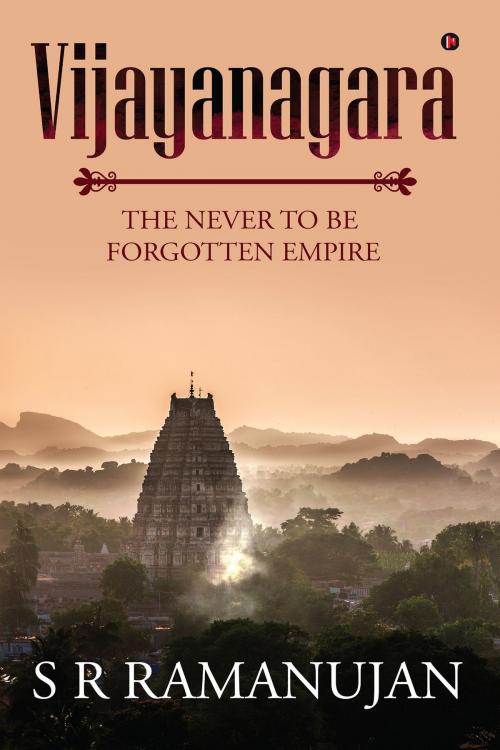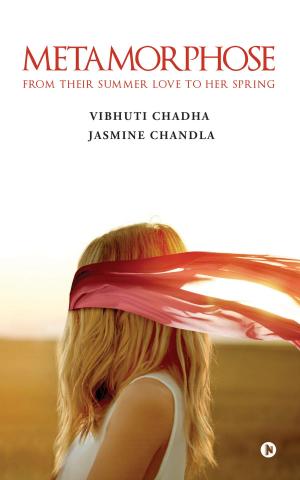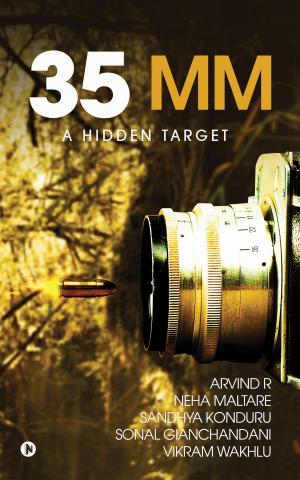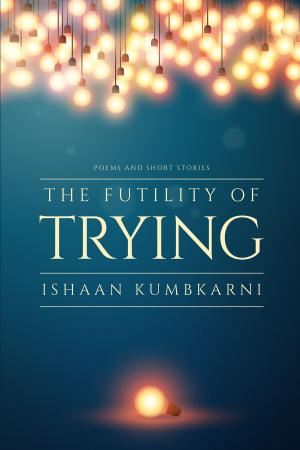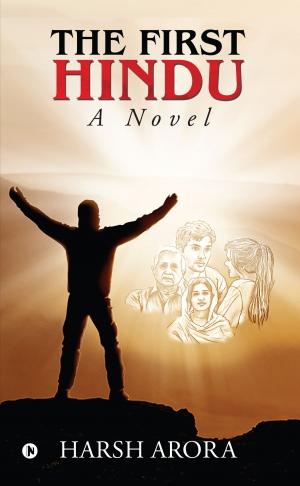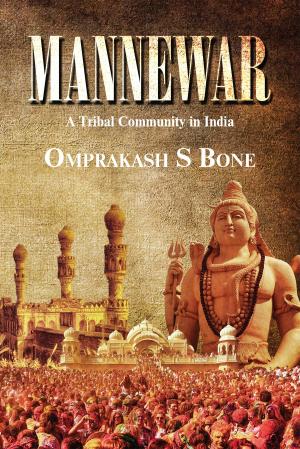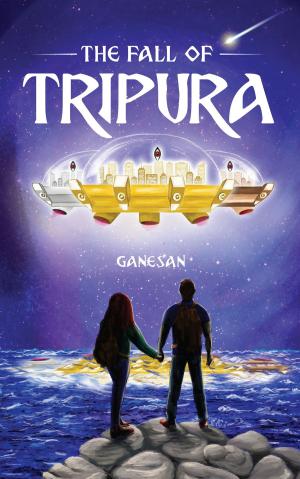| Author: | S R Ramanujan | ISBN: | 9781684667451 |
| Publisher: | Notion Press | Publication: | February 4, 2019 |
| Imprint: | Notion Press | Language: | English |
| Author: | S R Ramanujan |
| ISBN: | 9781684667451 |
| Publisher: | Notion Press |
| Publication: | February 4, 2019 |
| Imprint: | Notion Press |
| Language: | English |
The Vijayanagar Empire, which was headquartered in present-day Hampi, Karnataka, is acclaimed in pre-modern history as the most powerful kingdom to arrest the onslaught of Moghul invaders in the South for nearly two centuries. Its rulers were known for their valour in taking on the Sultans from the North. Further, the rulers of Vijayanagara were great patrons of Hindu culture and civilization and were known for their military and administrative acumen. They patronized fine arts, music, dance and temple architecture.
Despite their glory, there are conflicting records of the empire’s history, right from the inception of the empire to its collapse. There are some apologists who even contest the fact that Sage Vidyaranya founded the empire to defend Hinduism and its values. Others, foreign tourists who visited the empire, were not wholly appreciative of the rulers and exaggerated their weaknesses if any. Influenced by their religious allegiances, these visitors were often biased and tended to base their narratives on hearsay. Modern historians too have descredited the empire so as to nullify the role of religious bigotry. They came up with theories that do not truly represent the true spirit and culture of this great empire.
Which narrative is the most accurate and who has curated the history of the Vijayanagar Empire in the most succinct way? This book only tries to analyse various theories about the Empire and tries to give a perspective on such controversies.
The Vijayanagar Empire, which was headquartered in present-day Hampi, Karnataka, is acclaimed in pre-modern history as the most powerful kingdom to arrest the onslaught of Moghul invaders in the South for nearly two centuries. Its rulers were known for their valour in taking on the Sultans from the North. Further, the rulers of Vijayanagara were great patrons of Hindu culture and civilization and were known for their military and administrative acumen. They patronized fine arts, music, dance and temple architecture.
Despite their glory, there are conflicting records of the empire’s history, right from the inception of the empire to its collapse. There are some apologists who even contest the fact that Sage Vidyaranya founded the empire to defend Hinduism and its values. Others, foreign tourists who visited the empire, were not wholly appreciative of the rulers and exaggerated their weaknesses if any. Influenced by their religious allegiances, these visitors were often biased and tended to base their narratives on hearsay. Modern historians too have descredited the empire so as to nullify the role of religious bigotry. They came up with theories that do not truly represent the true spirit and culture of this great empire.
Which narrative is the most accurate and who has curated the history of the Vijayanagar Empire in the most succinct way? This book only tries to analyse various theories about the Empire and tries to give a perspective on such controversies.
